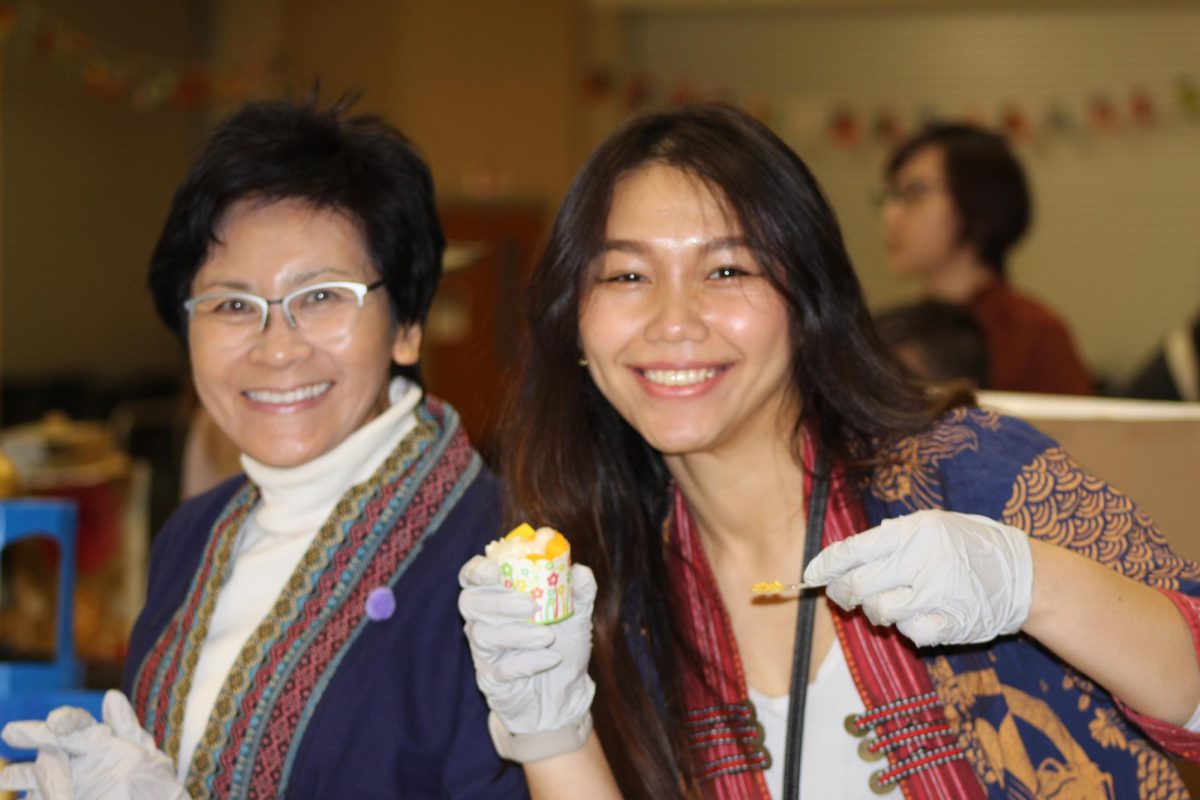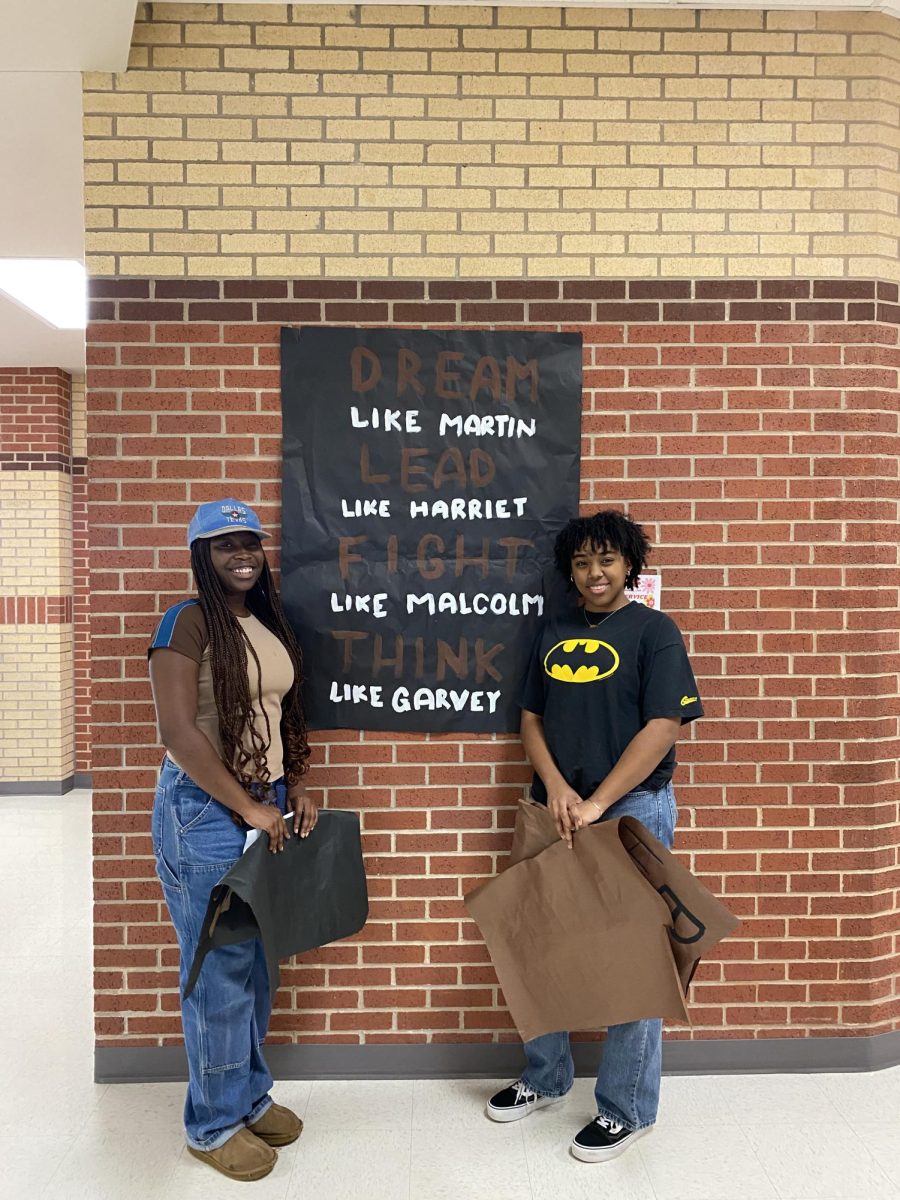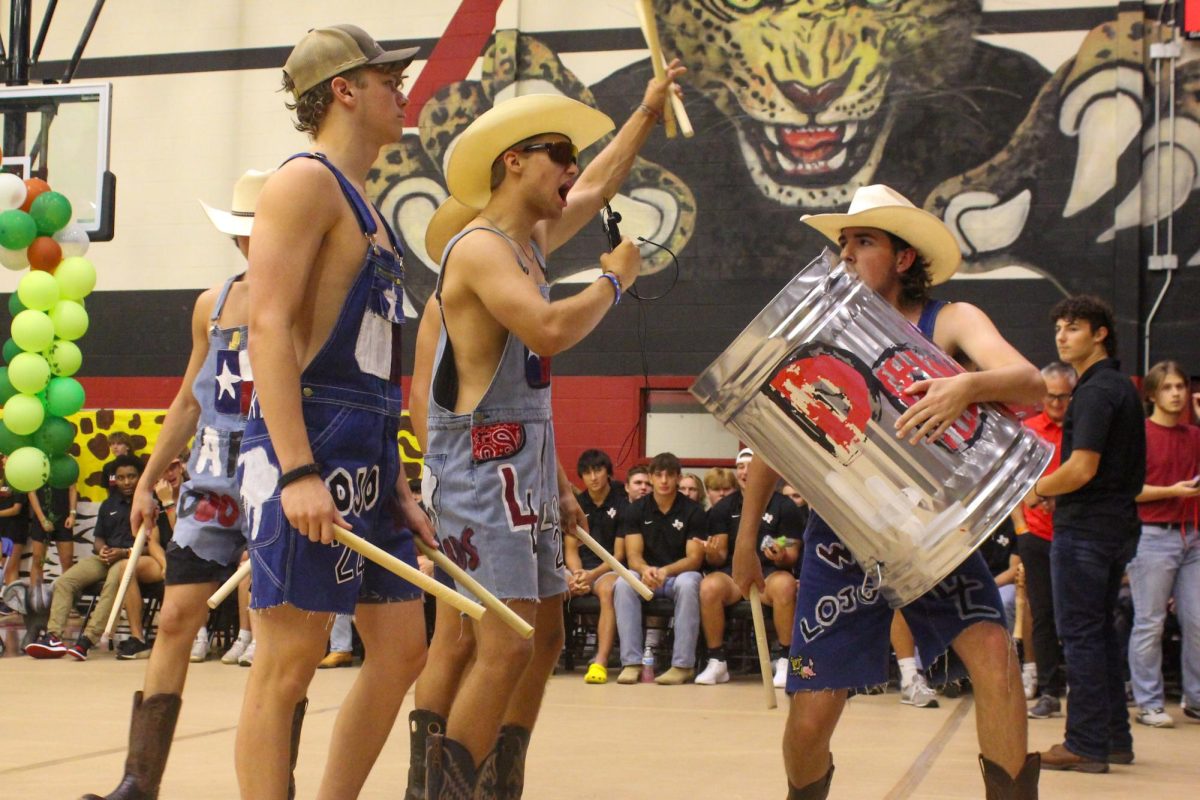Whether it’s alcohol, drugs or smoking on campus, it doesn’t seem to matter as it happens almost every year: a student does something they’re not supposed to and gets in trouble. However, the degree of punishment can vary as school administrators judge these infractions on a case by case basis.
“We have to go through what is called due process which is where if you or any other student have seen something, we see their side of the story and situation,” assistant principal Bruce Coachman said.
Once a student is confirmed to have participated in misconduct, administration determines what the consequences will be depending on the situation.
“The cool thing about Lovejoy is we don’t do ‘if students does this, then their consequences are this,’” Coachman said. “The consequences fit the deed, and how many times they’ve done it- there are a lot of variables; the student, their history, what it is they’ve done, and so it is always addressed, it is always investigated. You get the student’s side, you get the student who reported it’s side, and then you decide on what those consequences are. We try to get them to fit.”
While students who are witnesses to a violation of the code of conduct may initially go to student resources officer Mark Mitchell, Mitchell does not typically handle disciplinary cases.
“The first thing I do when students tell me they think they’ve seen something is tell them to go straight to administration, and they handle it there,” Mitchell said.
Unlike other schools, such as Dallas ISD, the district does not issue tickets to students who are found breaking the law on campus.
“To my knowledge we have never written citations for student behavior, we have relatively few [major issues] and are instead able to assign consequences,” Coachman said. “Students don’t typically repeat what they’ve done [because of this system].”
After a student is dealt their consequences, their offense is not put on a permanent record.
“Any discipline record goes into a students file only for a school year,” Coachman said. “At the end of the year, discipline records start over. Typically they are expunged, and say for instance you are said to drink on campus and we are able to clarify that and you are placed at the DAEP- you have no permanent file for that, no college knows that unless you choose to share it with them, and the only time we can share that with anyone is if you move before the end of the placement. Then we have to notify the school you are moving to that you didn’t finish the placement here and typically you will finish it there.”
Students who witness suspicious activity have the decision of whether or not they will tell the administration, however if they choose to do so; the administration can not release their name.
.
“As humans we all have to decide what it is that is important to us, what risks we have to take, how we feel personally about what happened, and going forward; what we want to do,” Coachman said. “If they want to tell us then that’s their choice, and we want that. If you or any student comes to me I’ll look into it. Your name is never used, and what I always caution students about is that students are very bright, they can deduce, they are very resourceful. So whenever a student comes to me, the first thing I tell them is that other students may be able to figure it out so you have to be willing to handle that.”
Few people know why students do something against the school’s rules, but there are lots of guesses.
“I think students act out because they think they deserve more freedom, especially if they are passing and doing well in school,” sophomore Brianna Vargas said. “Students could see the Lovejoy [expectations] as being too strict and so I think some people are trying to make a point when they break them.”
While some may feel restricted at school, the administration feels that every person makes different bad decisions for different reasons.
“This school, or any other school for that matter, is a microcosm of society,” Coachman said. “Society in general; people make choices, some good some bad. Why I think students do [bad things]? They’re experimenting, looking for a level of thrill, want to see what they can get away with. But sometimes students who smoke or use alcohol or tobacco may have some level of addiction and so they may be doing it for different reasons than someone else.”
Although there are always cases of misconduct, they are relatively rare on this campus.
“What i always say is this: 98 percent of the students here are doing good things,” Coachman said. “I don’t focus on the one to three percent who are doing the wrong thing, because almost all of our students are doing great things. We have great kids here, and Lovejoy is really special that way.”






















